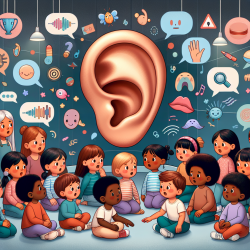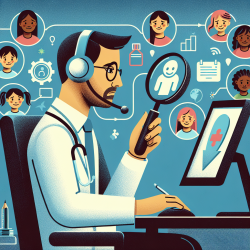Introduction
The COVID-19 pandemic exposed significant gaps in crisis management preparedness among sports administrators. Balancing health protocols with individual liberties became a daunting task, leading to widespread disruptions in the sports industry. However, a recent research article titled Legal recommendations and psychological advice sports administrators can implement in the next pandemic provides invaluable insights into how sports administrators can better prepare for future pandemics.
Legal Recommendations for Sports Administrators
Sports administrators must navigate a complex landscape of legal obligations while ensuring the health and safety of athletes and staff. Here are some key recommendations:
- Adherence to Regulations: Follow guidelines from health authorities and international sports organizations to prevent disease spread while respecting human rights.
- Human Rights Considerations: Ensure policies do not infringe on athletes' rights to privacy and family life, as outlined in international human rights treaties.
- Standard of Living: Provide an adequate standard of living, including access to nutritious food and safe environments, to support athletes' physical and mental health.
Psychological Advice for Athletes and Staff
The psychological impact of quarantine and bio-bubbles can be profound. Here are ten strategies sports administrators can implement to support mental well-being:
- Flourishing Mental Health: Focus on promoting positive mental health rather than merely preventing mental illness.
- Mental Skills Training: Integrate mental skills training into regular routines, akin to physical training.
- Preventative Strategies: Emphasize prevention of mental issues through mental and life skills training.
- Research Techniques: Encourage athletes to explore techniques others have found helpful in similar situations.
- Personal Strategic Planning: Develop personal mission, vision, and purpose statements to maintain motivation.
- Hobbies and Interests: Promote engagement in hobbies to enhance life satisfaction and mental health.
- Social Media Management: Consider limiting or deleting social media accounts to reduce negative feedback and comparisons.
- Flexible Communication: Encourage diverse communication methods with friends and family while monitoring negative discussions.
- Time Management: Implement time management techniques and establish daily routines to reduce anxiety.
- Media Protection: Shield athletes from unnecessary media scrutiny to allow mental breaks.
Conclusion
By implementing these legal and psychological strategies, sports administrators can better prepare for future pandemics, ensuring the well-being of athletes and staff while maintaining compliance with health and human rights standards. Emphasizing flourishing mental health and respecting human rights will pave the way for a more resilient sports industry.
To read the original research paper, please follow this link: Legal recommendations and psychological advice sports administrators can implement in the next pandemic.










